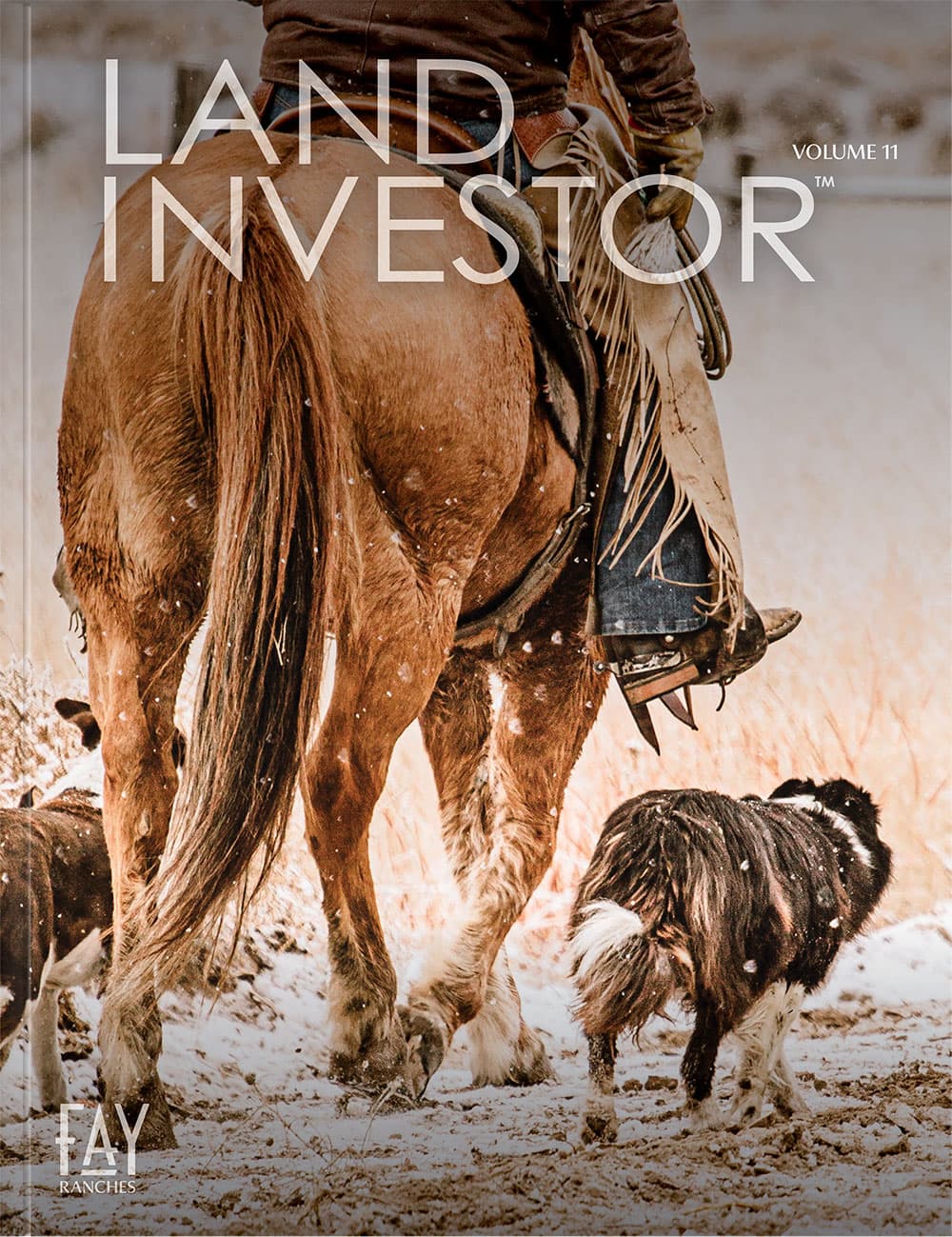Welcome to the West! Maybe you have already been fortunate enough to purchase the ranch you have been dreaming of, or perhaps you are considering a move and searching for the perfect fit. You may already know that such an investment requires learning about water rights, mineral rights, river accretion and avulsion, carrying capacity, federal and state grazing leases, and more. But people don't often talk in-depth about the weave of the community fabric of the West and, specifically, how that may differ from more urban areas. I'll put a toe in the water here and hope to pull it back out, appendage intact.
When I first used the phrase 'social capital' about a decade ago, I thought I was pretty clever. I'm sure the internet would take issue with my claim to have coined the phrase, but it was new to me, and it perfectly encapsulated the rambling thoughts in my head and what I was trying to convey in dialogue as a ranch manager.
After using the term for a decade, I've just now looked it up for the first time and asked AI the question, "What is social capital?" The technology-generated answer does a good job of framing this conversation:
"Social capital refers to the value that exists in social networks and the norms of reciprocity and trustworthiness within them. It can be thought of as the resources that are available to individuals and groups through their relationships with others, such as access to information, social support, and opportunities for collaboration. In the context of rural America, social capital can be an important asset for community development and economic growth."
Cheekily, I've been called a Pollyanna, and I'm not sure that is such a bad thing. True to that characterization and the backstory of the pioneers, in the idyllic cowboy country of the Rocky Mountain West, you have the opportunity to be the best version of yourself. The West is a choice. The West is a frame of mind. If you're looking for an enriching experience in the West, it depends, quite frankly, on you.
I made the move about 22 years ago, and I was fascinated by the distinct differences in culture. It was a palpable shift that was like stepping into a memory for me. Growing up on a dairy farm in the upper Midwest, we were surrounded by that classic tight-knit farming community. We knew our neighbors, and we looked out for each other. Then progress reached a tipping point, and what were gradual changes became large-scale changes. It was sprawl, and it was the farm crisis of the 1980s. The cows left the farms, and in only a few years, that fresh from the oven, warm-bread-with-butter feeling of the community was lost. Arriving in Wyoming was like going home again. Wyoming was like turning the clock back 25 years.









